Photographs: Reuters Aneesh Phadnis in Mumbai
The ongoing crisis in Iraq and the resultant spike in crude prices could spell fresh trouble for loss-making domestic airlines.
Fuel accounts for as much as 35-40 per cent of the operational cost of an airline.
Moreover, dollarised costs (including fuel, which is paid for in dollars at the time of import) are 60-70 per cent of the total cost.
On Friday, when rebel forces advanced towards Baghdad, Brent crude shot up to a nine-month high trading over $114 a barrel on supply concerns.
Moreover, the rupee fell 52 paise to a dollar closing at 59.77, its lowest level in a month.
. . .
Iraq crisis could spell fresh trouble for airlines
Image: Workers from Russia's LUKOIL watch during the start of drilling for the first out of 23 oil wells to be drilled at West Qurna oilfield in Basra, 420 km (260 miles) southeast of Baghdad.Photographs: Atef Hassan/Reuters
Over the past few months, aviation turbine fuel prices in India have softened and the rupee gained against the dollar.
Currently, ATF is being sold at Rs 69,747 a kilolitre in Delhi for domestic operations, almost a 10 per cent lower than the price last October.
The rupee strengthened in the past couple of months and the average rate of dollar, too, has come down from over Rs 62 in the second quarter to around Rs 60 in the fourth quarter of the last financial year.
“The cost situation has substantially eased now in comparison to the last year. Friday's spike in crude price is a reaction to the reported reduction in supplies due to the Iraq situation.
. . .
Iraq crisis could spell fresh trouble for airlines
Image: Oil prices have risen to a nine-month high and the potential for higher prices remains a concern.Photographs: Reuters
“We may be in for another shock if the crisis develops into a full blown civil war -- quite a possibility given the volatility in that part of the world,” said a senior executive from a private airline.
“Oil prices have risen to a nine-month high and the potential for higher prices remains a concern given the sensitive situation in Iraq.
“This could pose a challenge to the economy and certainly the aviation sector especially in the second quarter, which is a weak season.
“We expect air fares to remain modest till we see further hike in fuel prices.
“Higher fares due to fuel prices will hurt demand, which remains modest,” said Kapil Kaul of the Centre for Asia Pacific Aviation.
. . .
Iraq crisis could spell fresh trouble for airlines
Image: Domestic airlines including Air India, Jet Airways and SpiceJet reported a loss of over Rs 10,000 crore (Rs 100 billion) in FY14.Photographs: Reuters
Domestic airlines including Air India, Jet Airways and SpiceJet reported a loss of over Rs 10,000 crore (Rs 100 billion) in FY14.
According to an HSBC Global Research report, unit costs for Indian carriers rose sharply over the past five years and the two main factors that led to the rise include aviation turbine fuel (75 per cent up in 2013 over 2009) and depreciation of the rupee (21 per cent up in 2013 over 2009).
In its pre-Budget recommendations to the finance ministry, the civil aviation ministry has recommended that ATF be notified as a declared good, which will result in a flat four per cent sales tax.
An another suggestion pertains to opening access for transport of ATF and transparency in aviation fuel pricing.
. . .
Iraq crisis could spell fresh trouble for airlines
Image: SpiceJet aircraft.Photographs: Reuters
“Jet fuel taxes make domestic and international ATF prices in India 13-41 per cent higher than Singapore.
“Lowering taxes can help reduce costs that can be used in the form of lower ticket prices to boost demand.
“India's aviation industry has been struggling from problems that are fundamental in nature, not just cyclical.
“Not only is there an over-supply, it also suffers from high costs relative to pricing,” said the report.
. . .
Iraq crisis could spell fresh trouble for airlines
Image: An Air India Airlines Boeing 787 dreamliner takes off.Photographs: Pascal Rossignol/Reuters
In its pre-Budget recommendations to the finance ministry, the civil aviation ministry has recommended that ATF be notified as a ‘declared good’, which will result in a flat four per cent sales tax.
An another suggestion pertains to opening access for transport of ATF and transparency in aviation fuel pricing.
“We want oil companies to allow airlines to use their infrastructure for transport of ATF. We hope some thing positive is in store for airlines and trends improve soon,” another senior executive remarked.

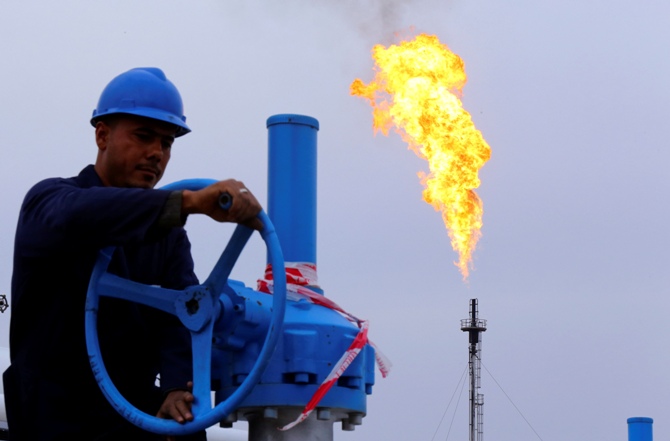
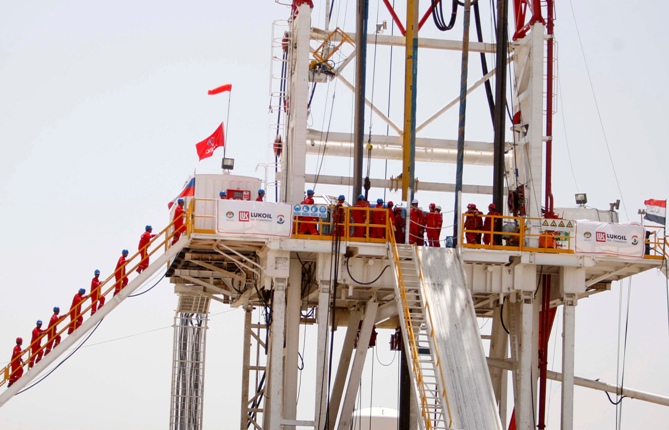
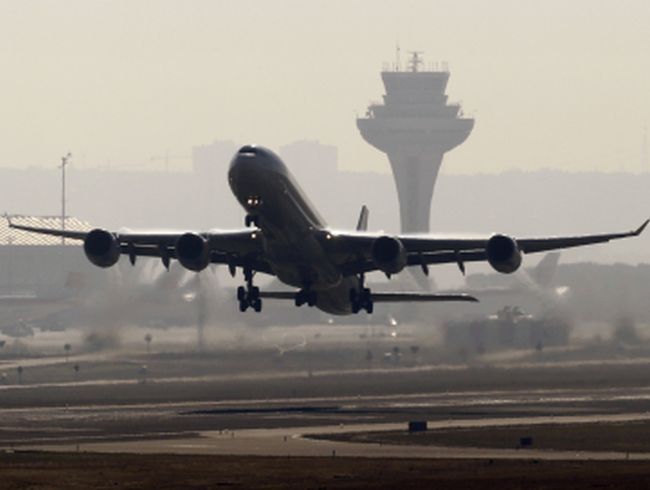
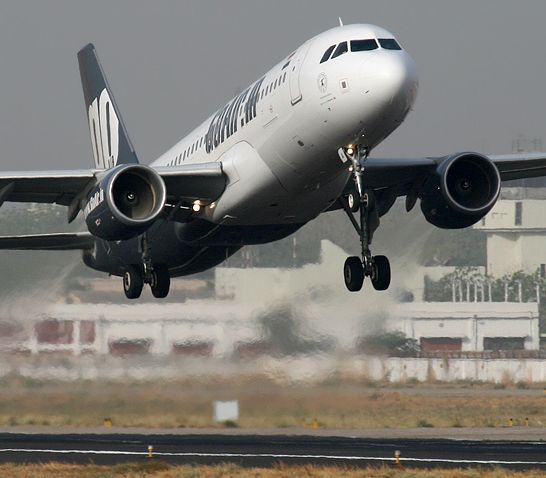
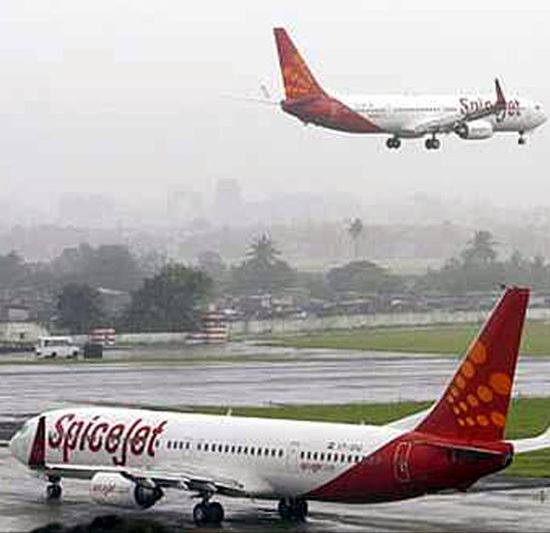
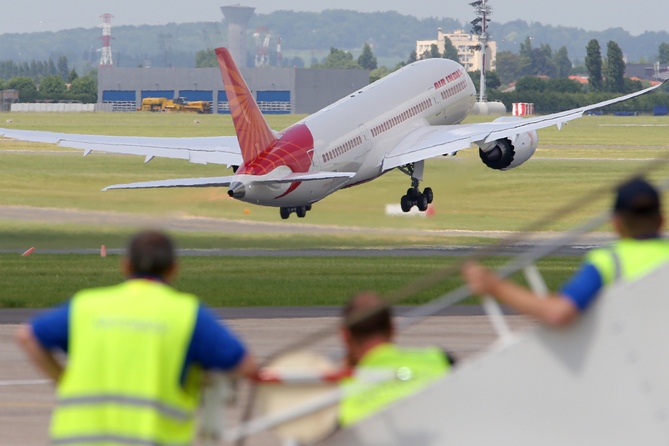

article